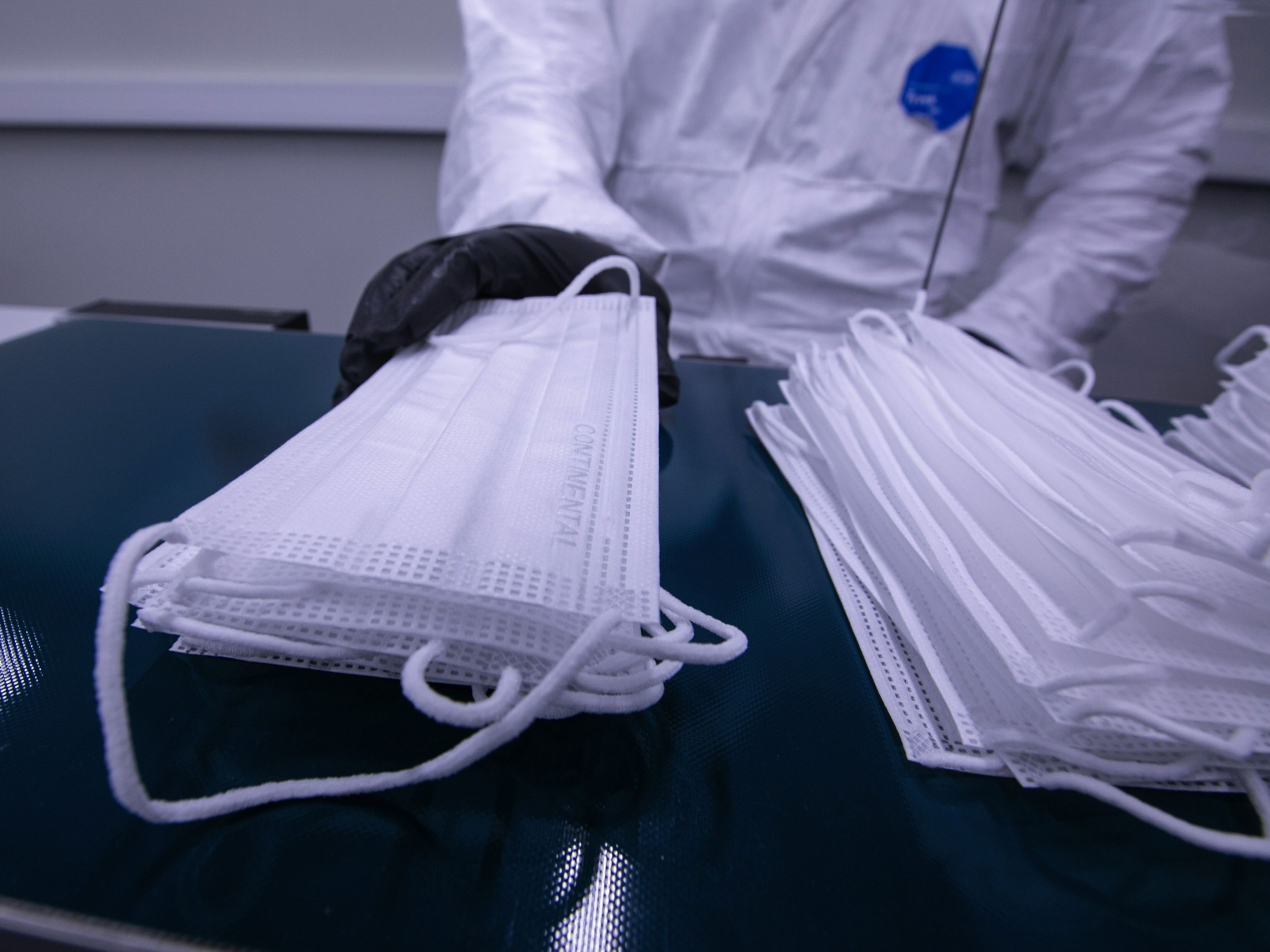
We’ve known for many years that much of what would be considered “basic” manufacturing competency and capability has moved outside of the U.S. While we’re a global and integrated ecosystem, we’re also one in which “lowest total cost” has meant the erosion of local options. American businesses and consumers simply will not pay a lot more for a locally produced item than for an imported product. Those frustrated with scarcity, but unaware of what goes into developing an end-to-end supply-chain map of gowns, goggles, gloves, masks or wipes, are horrified to find the dearth of options we now have, or that the majority of relevant manufacturing left years if not decades ago.
Many have said that PPE demand will drop precipitously, or that returning manufacturing capability to the U.S. is a fool’s errand. I believe both statements to be untrue.
Demand Will Rise
PPE was a large industry prior to COVID-19. In 2019, research showed that companies that required key protective materials (such as headwear, eyewear and apparel) for manufacturing, technology, healthcare and other industries made up $8 billion in global revenue. COVID-19-related PPE demand has now more than doubled in the U.S., and our economy has yet to fully reopen. Our projections show that with a gradual reopening of businesses, the economy will provide a strong and consistent counterbalance to the welcomed impact of a reduced pace of disease transmission throughout 2021 and beyond.
The target consumer has fundamentally changed. No longer is PPE just for construction or high-tech manufacturing workers, but for each and every one of us. The concept of hygiene has evolved, with improved home cleaning, sanitization, industrial cleaning and personal care creating entirely new sub-categories. Have you witnessed quick-service restaurants or other public locations providing expansive sanitation efforts, and don’t you expect it to continue? Personally, I think we’ll always have visible personnel cleaning to make us feel safer out in public.
Scientific and Technical Innovation
The speed and performance of vaccine development and therapeutic options have been truly incredible. Similarly, we think there are exciting opportunities for rapidly improving our health and welfare in the world of PPE. Expect to see innovation spanning technology (what we use to clean or protect people and surfaces), science (new options in materials), apparel (from textiles and treatment to new, functional styles) and appliances (what we use to clean). Quite simply, no one will want to go back to “normal” from this unprecedented time, and this will be a positive improvement for our quality of healthy living.
Government at all levels, including the U.S. Department of Defense, must rethink civil defense, the concept of true preparedness, and the return of necessary logistics and infrastructure (including manufacturing and distribution) to provide high-quality, immediate access to PPE, along with the capability to sustain supplies throughout the US. We have proved that the end-to-end PPE supply chain must be reimagined and reinvested in. Public and private partnerships must be formed and be committed to producing the necessary products along with the services needed to combat future public health threats. In turn, the effort will perpetuate significant demand for the future.
An expansion of the definition of PPE and who uses it, the acceptance of positive changes in hygienic behavior, and the building of capacity to support local communities will reduce structural risk, and provide long-term health and safety benefits to all. PPE is here to stay, and it’s not a bad thing.
Dave Aquino is chief executive officer of Certain Supply.







